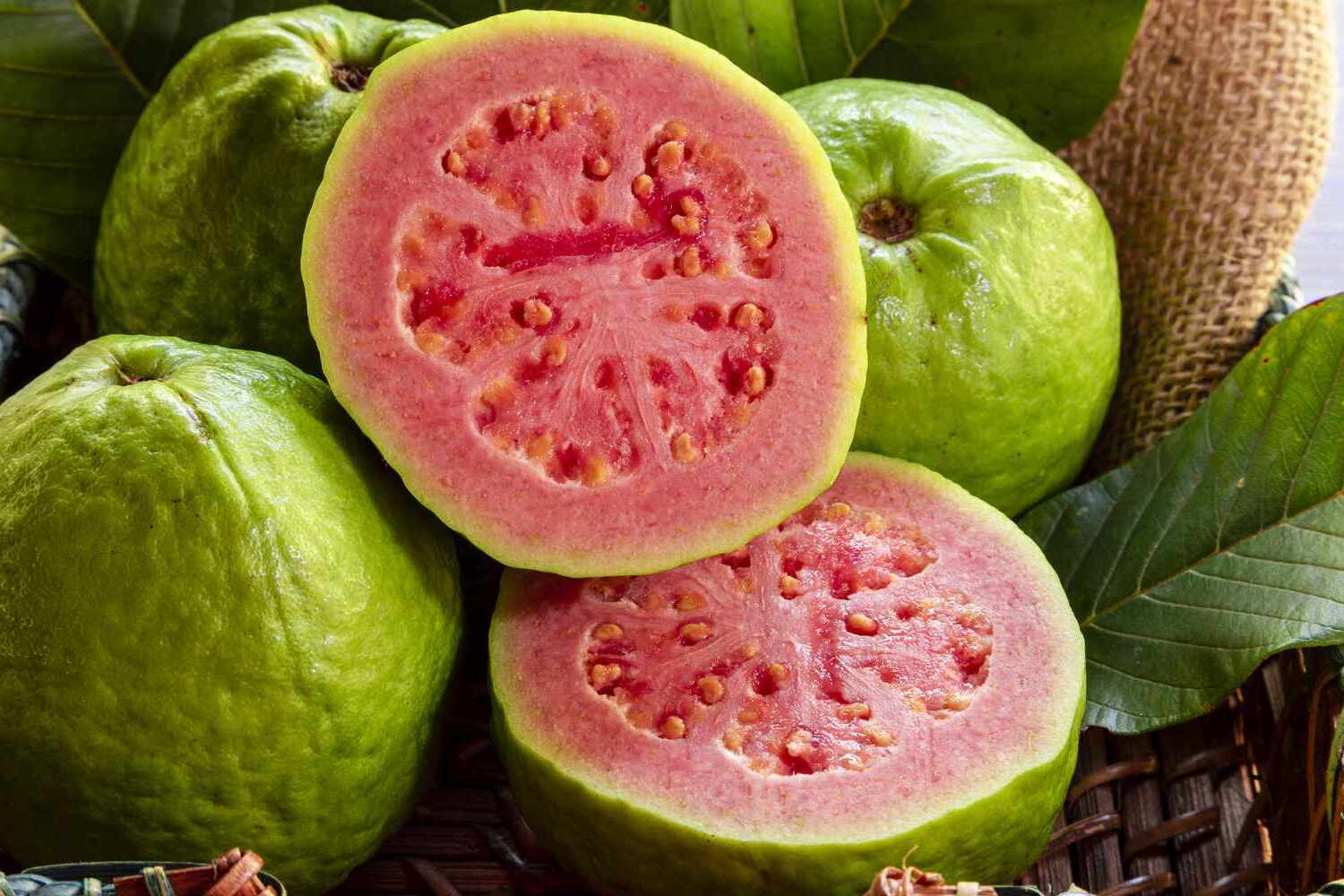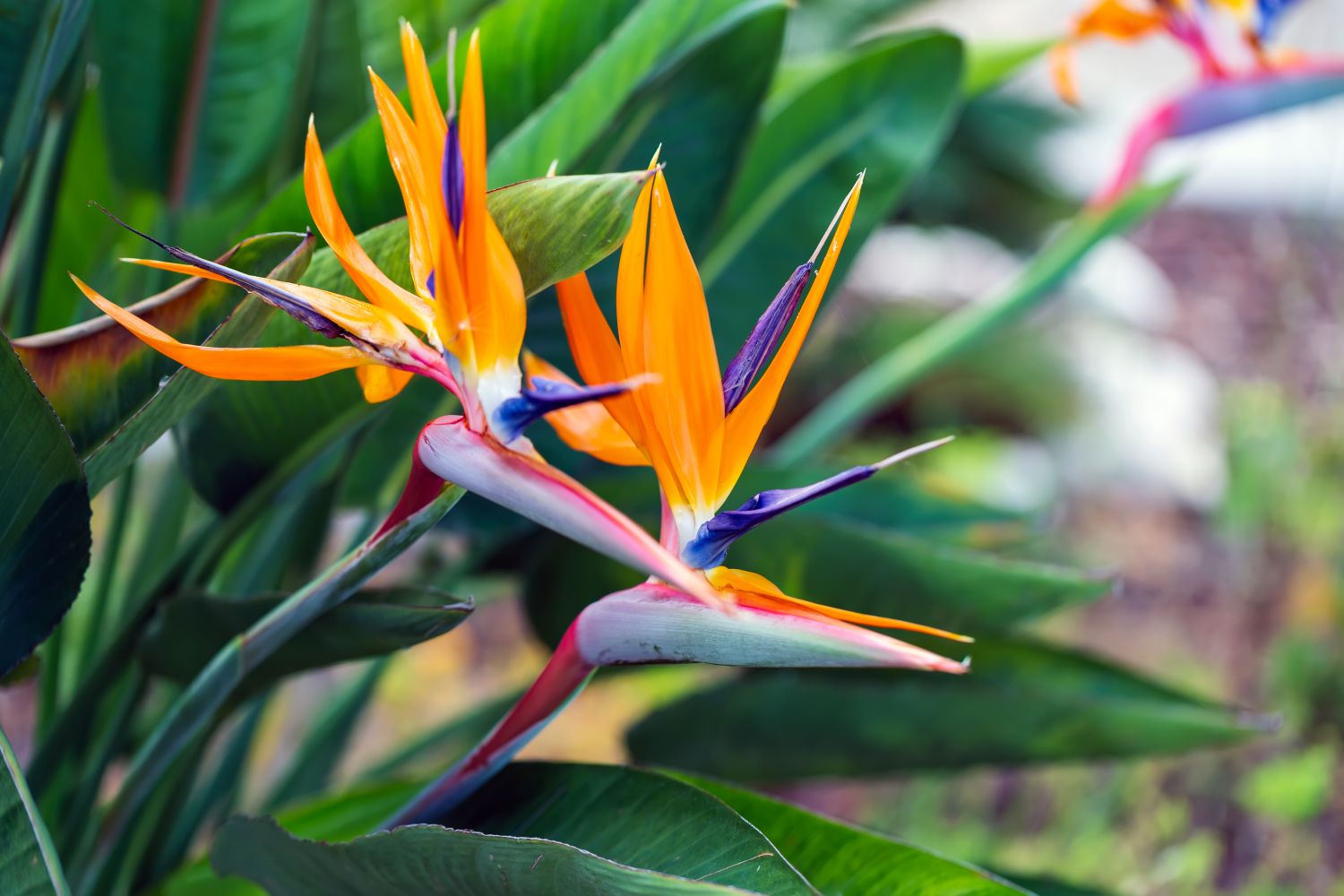goldengaterestaurantphoenix.com – The guava, a tropical fruit with a unique flavor and numerous health benefits, is a popular choice among health-conscious individuals. Native to Central America, this versatile fruit has spread to various tropical and subtropical regions worldwide. With its distinct aroma, juicy flesh, and hard outer skin, the guava offers a delightful taste experience.
A Nutritional Powerhouse
Beyond its deliciousness, the guava is a nutritional powerhouse, packed with essential vitamins, minerals, and antioxidants. Some of the key nutrients found in guava include:
- Vitamin C: A potent antioxidant that boosts immunity and promotes skin health.
- Vitamin A: Essential for good vision and overall eye health.
- Potassium: Important for regulating blood pressure and heart health.
- Fiber: Essential for digestive health and maintaining satiety.
- Lycopene: A powerful antioxidant linked to reduced risk of certain cancers.
Health Benefits of Guava
The impressive nutritional profile of guava offers a wide range of potential health benefits:
- Boosts Immunity: The high levels of vitamin C in guava can help strengthen the immune system, protecting the body against infections and diseases.
- Promotes Digestive Health: The fiber content of guava aids digestion, preventing constipation and promoting regular bowel movements.
- Supports Heart Health: The potassium content of guava helps regulate blood pressure, reducing the risk of heart disease. Additionally, the antioxidants in the fruit can help protect the heart from oxidative damage.
- Aids in Weight Management: The fiber content of guava can help you feel fuller for longer, reducing your overall calorie intake.
- Promotes Skin Health: The antioxidants in guava can help protect the skin from damage caused by free radicals, promoting a youthful and radiant complexion.
How to Enjoy Guava
Guava can be enjoyed in various ways:
- Fresh: Cut the fruit in half and scoop out the flesh.
- Juice: Guava juice is a refreshing and healthy beverage. It can be enjoyed on its own or mixed with other juices.
- Cooking: Guava can be used to make jams, jellies, and other desserts. It can also be added to smoothies and fruit salads.
Conclusion
The guava, with its unique flavor, vibrant color, and impressive nutritional profile, is a truly versatile and beneficial fruit. Whether you enjoy it fresh, juiced, or cooked, the guava is a delicious and healthy addition to any diet.

